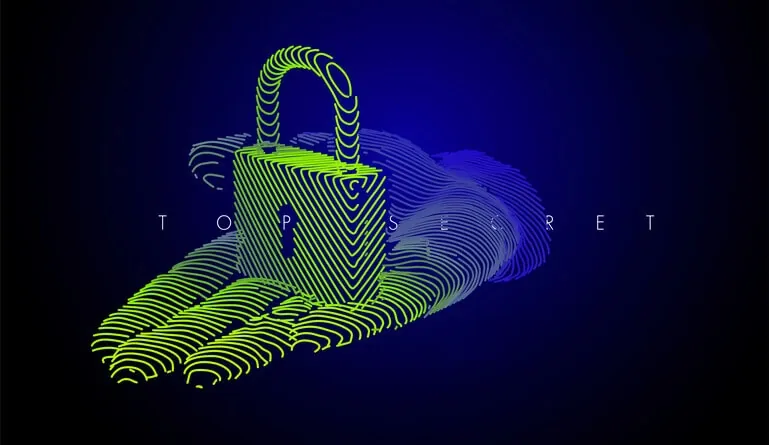The Internet of Things (IoT) refers to the connectivity of devices. People are no longer tied to only their phones in order to access the internet on the go and the internet is no longer trapped in smartphones alone. Items such as smartwatches, smart thermostats, and smart lighting used with virtual personal assistants such as Alexa are all part of the growing Internet of Things world.
While consumers see a lot of applications for IoT technology in their daily lives, businesses are seeing opportunities too.
-
Inventory and storage solutions
IoT software and devices can be installed storage units and warehouses to help you manage inventory changes more effectively. Some businesses have even gone so far as to use the technology to help them track individual boxes.
-
Productivity
IoT devices can be connected to each other and controlled to improve efficiency, which in turn has direct effects on the productivity of the business. Similar to how homeowners can access the contents of their smart fridge with the phone or turn on the oven on their way home, businesses can more efficiently run essential processes and equipment.
-
Enhanced remote work
Continued growth in technology makes flexible and remote work more possible. IoT technology means you don’t have to be present on-site to handle work. As more tasks can be controlled remotely, you can offer employees greater work-life balance and flexibility.
-
Better customer data
If you have an IoT device in a customer’s home a thermostat, for example, you can collect the data associated with that device’s usage. This can lead to better insight and help you to effectively market and innovate.
-
Improved safety
For some industries, IoT offers greater safety in processes and operations. This can apply to anything from manufacturing equipment to companies that employ self-driving cars as part of their customer transport.
-
Reduced downtime
IoT has the potential to shrink downtime for certain manufacturing issues. When technologies like tablets, AR headsets, or smart goggles converge with IoT technology, it would be easier to troubleshoot and diagnose problems, as well as work to repair them.
-
Fewer errors
With the reduced manual entry of details and data, the likelihood of human error decreases. This can lead to everything from reducing costs associated with a lost product, shipment problems, and customer care.
-
Improved customer experience
IoT technology enables more streamlined customer interactions in many situations. It’s IoT technology that enables businesses like Amazon to offer in-store payment methods that include customers simply leaving the store with their items and being charged to the card on their Amazon account.
-
Improved revenue
With greater efficiency, reduced errors, and greater employee safety and engagement, you could see significant improvements to your bottom line as you successfully adopt and deploy IoT technology.
The Internet of Things will continue to emerge into a growing spectrum of technologies and to various channels and devices. The use of this technology within the business world will be no different. Keeping your company’s specific operations in mind, you should be investigating, learning, and implementing IoT solutions that will bring the most benefit.










